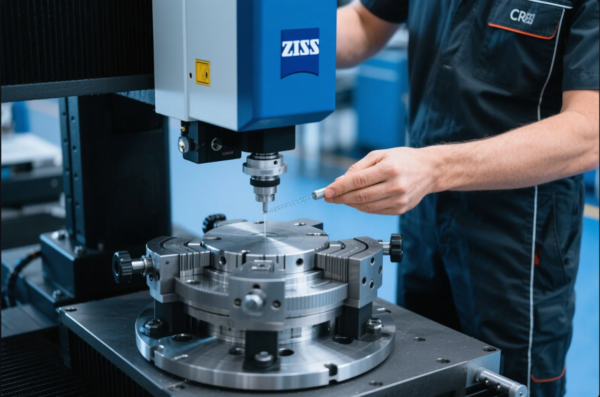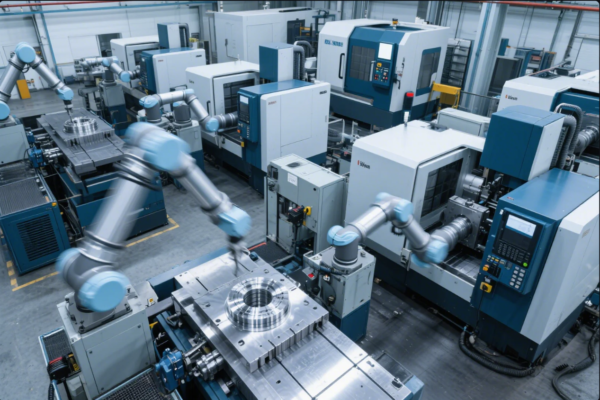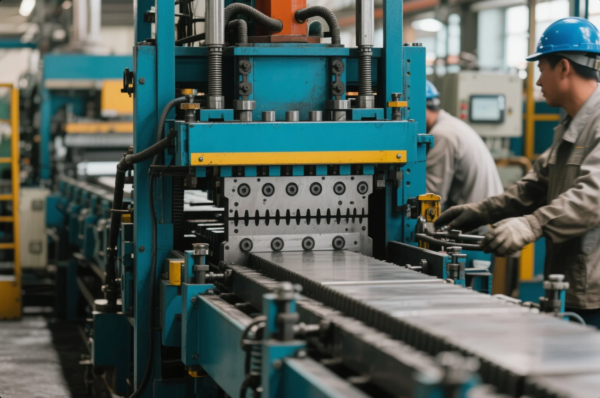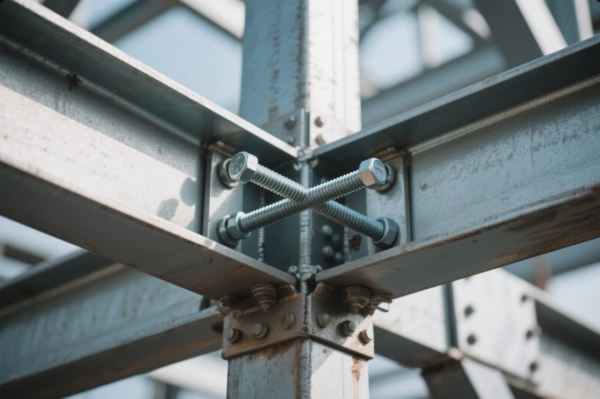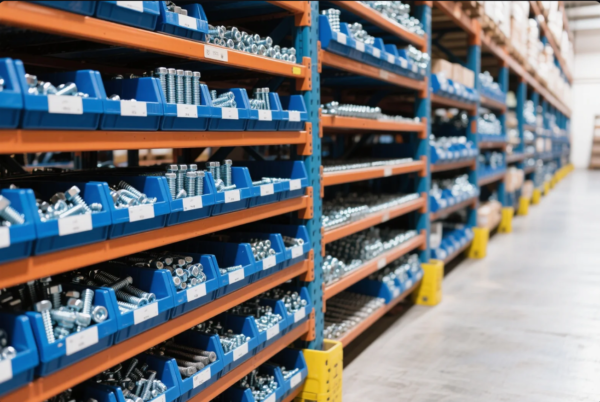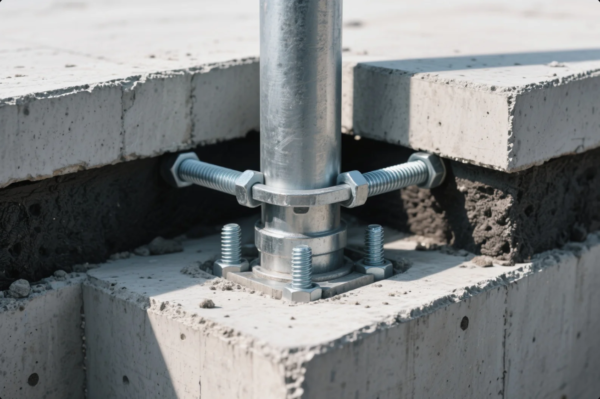Leading Custom Metal Casting Suppliers: Top 5 Companies for High‑Quality Parts
📄 Table of Contents
- Industry Landscape and Market Leaders
- Who Is the Largest Casting Producer in the World?
- Five Core Metal Casting Processes Explained
- Choosing the Best Casting Metal for Your Needs
- Top 5 Custom Metal Casting Suppliers in 2025
- What Defines an Excellent Precision Casting Supplier
- Proven Best Practices When Sourcing Cast Parts
- FAQs
- Conclusion
Industry Landscape and Market Leaders
The metal casting industry spans diverse applications—from heavy machinery, automotive, aerospace to energy and defense. In 2024, global casting output totaled over 90 million metric tonnes, led by:
- Signicast (investment casting) and Dynacast International (precision die casting) in North America
- MetalTek International, known for industrial-grade iron and steel castings
- Thyssenkrupp AG, which produces structural and large-format steel cast systems in Europe
- Emerging suppliers in China and India driving capacity growth
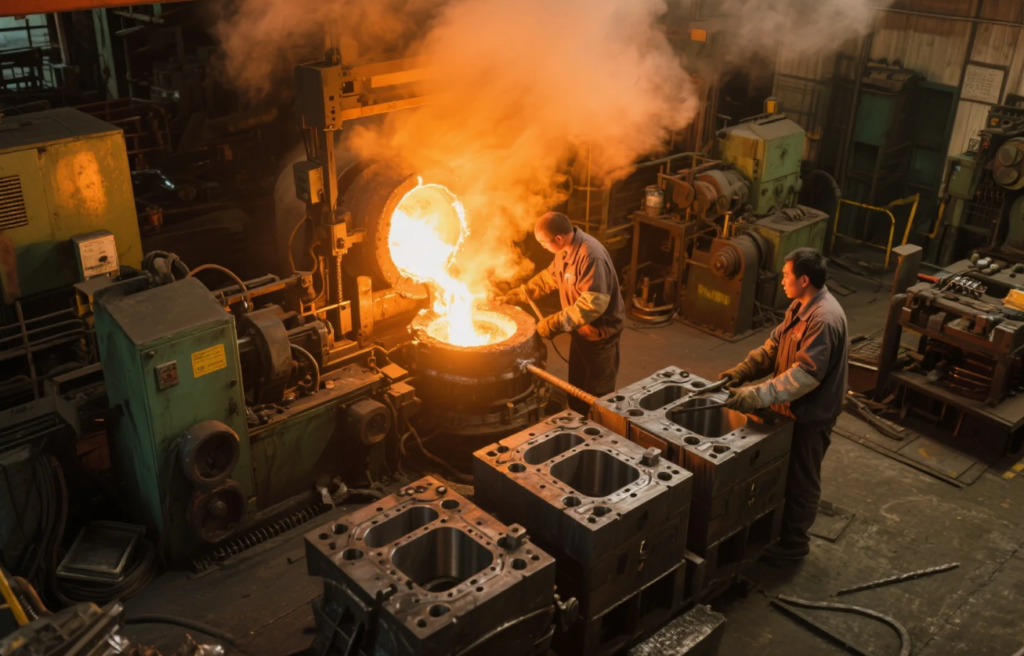
U.S. foundries remain competitive in high-precision, niche applications, while emerging markets emphasize scale and cost efficiencies.
Who Is the Largest Casting Producer in the World?
China leads with approximately 60–70% of global casting output, followed by the U.S. and India. China’s dominance is driven by vast foundry clusters in Shandong and Jiangsu provinces. U.S. and European foundries focus on quality, certifications like ISO 9001 and AS9100, and serve regulated sectors.
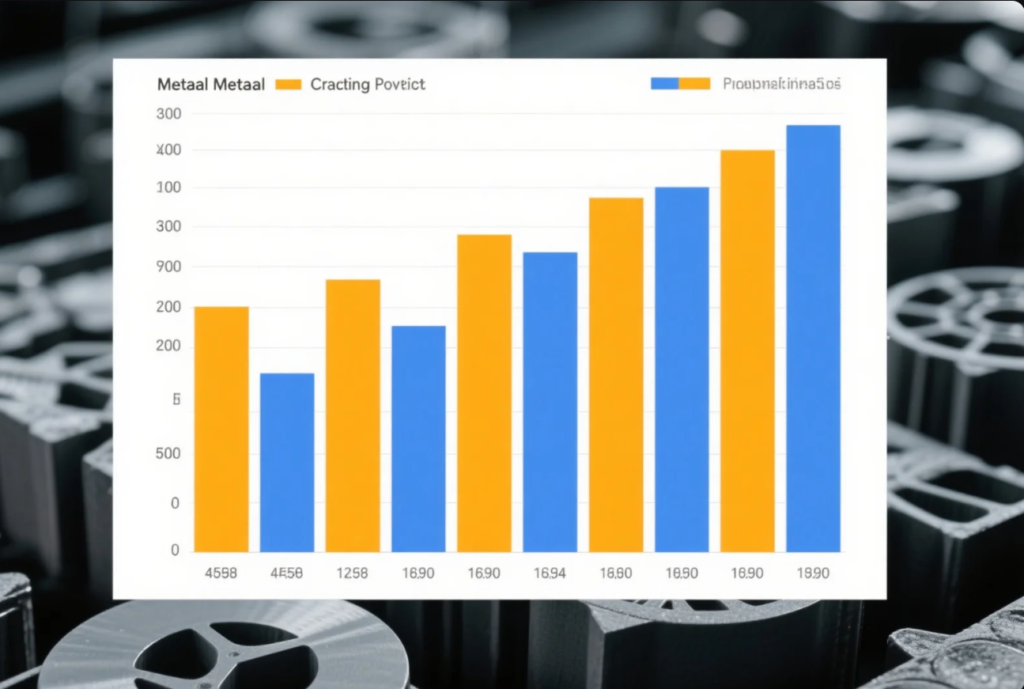
Five Core Metal Casting Processes Explained
Understanding casting methods helps in part specification and sourcing decisions:
- Sand casting – Versatile, large parts, but coarse surface finish
- Die casting – High-volume non-ferrous parts, excels in thin-wall designs
- Investment casting – Precision detail, used for turbine blades, medical implants
- Lost-foam casting – Complex internal geometries, no core removal
- Shell molding – Smooth finish, medium-production steel or iron parts
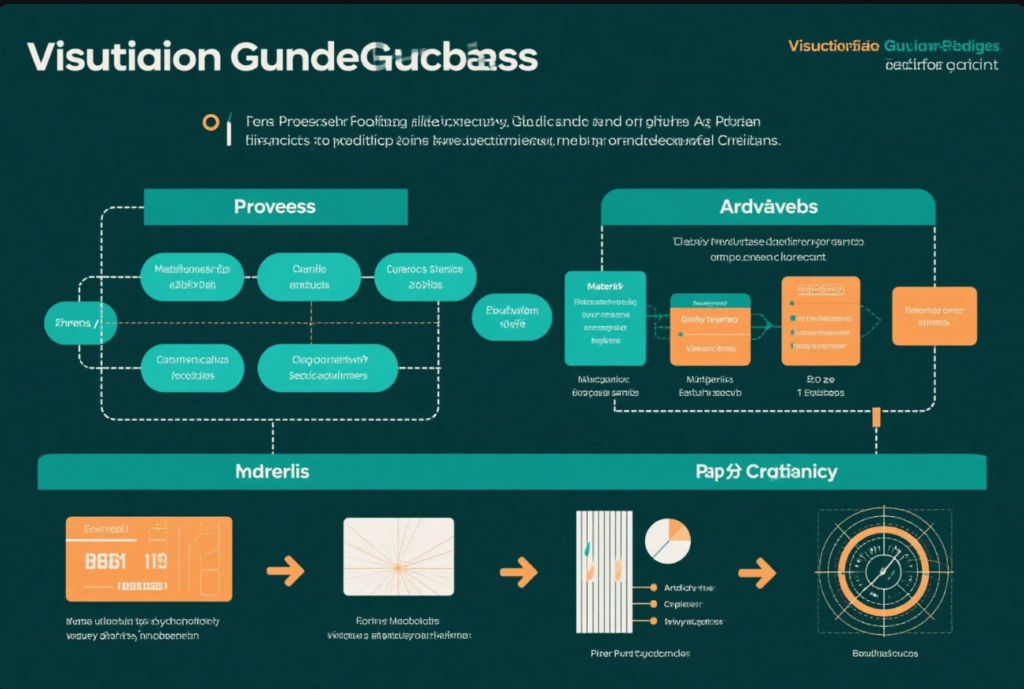
Additional techniques include centrifugal casting for cylinders and vacuum-assisted casting for aerospace alloys.
Choosing the Best Casting Metal for Your Needs
Selecting the right alloy is critical:
- Gray iron – Ideal for vibration-intensive and cost-sensitive parts
- Ductile iron – Offers toughness and fatigue resistance
- Aluminum – Excellent strength-to-weight ratio, ideal for mobility parts
- Stainless steel – Corrosion and temperature resistant, used in food, medical, and marine
- Nickel-based alloys – Essential for high-heat and chemical environments
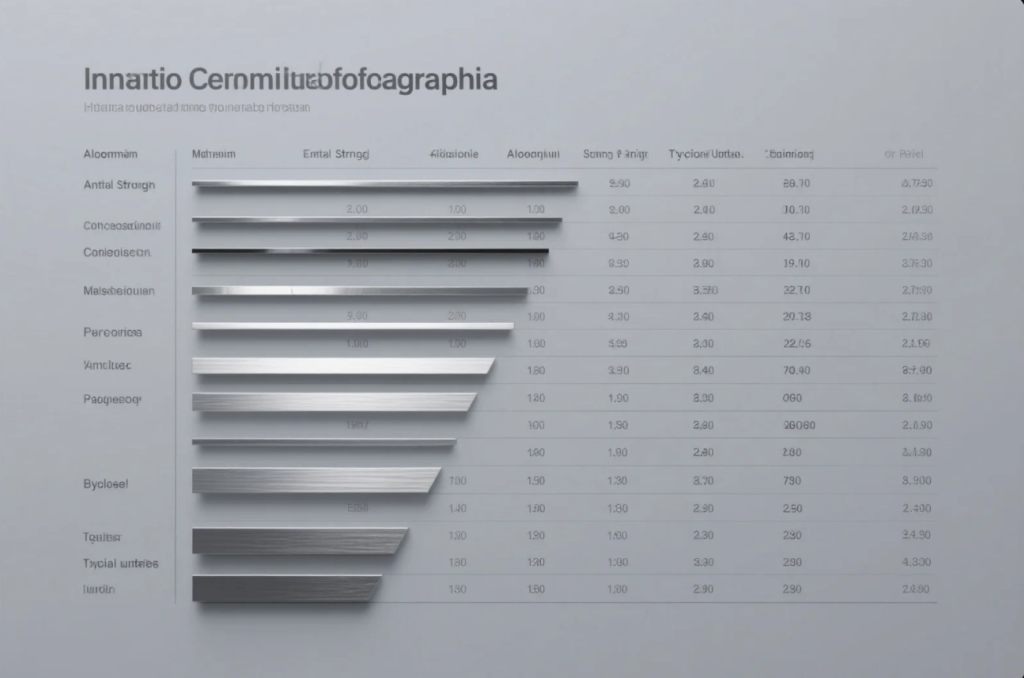
Top 5 Custom Metal Casting Suppliers in 2025
1. Prime Precision Castings (China)
- Provides sand, investment, die, and lost-foam casting
- Equipped with CNC machining, inspection, and finishing lines
- Holds ISO 9001 and AS9100 certifications and has export capabilities
- Strong service for global logistics and packaging
2. Signicast (USA)
- Specialist in investment casting across alloys (stainless, aluminum, cobalt)
- Serves aerospace, medical, turbomachinery markets
- Offers integrated engineering, tooling, and quality programs
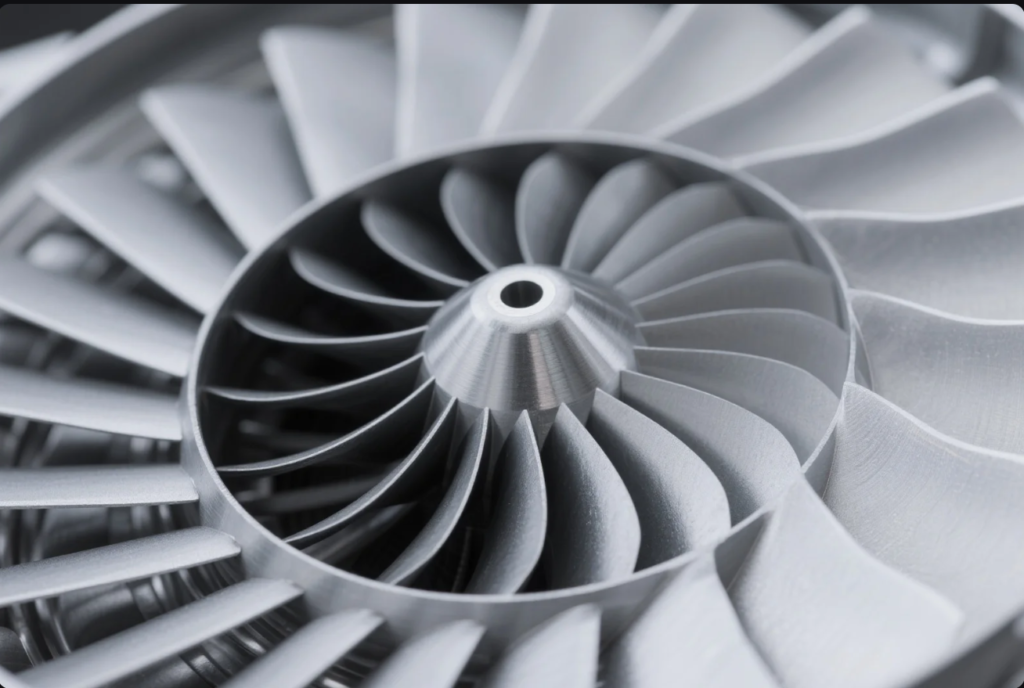
3. Dynacast International (USA)
- Leader in precision die casting; specializes in multi-slide zinc/aluminum parts
- Provides design for manufacturability support and rapid prototyping
4. MetalTek International (USA)
- Delivers centrifugal, mold, and vacuum castings in iron/steel
- Serves power generation, pump, defense, and energy sectors
5. Thyssenkrupp AG (Germany)
- Global flagship for large-scale structural steel castings
- Offers extensive certifications, engineering, and after-sales support
What Defines an Excellent Precision Casting Supplier
Seek suppliers who offer:
- Dimensional precision ±0.1 mm or better
- Broad process and alloy portfolio
- In-house machining, heat-treatment, QC labs
- Certifications: ISO 9001, AS9100, ISO 13485, CE/PED
- Quality systems: SPC, FAI, FMEA, NDT
- Digital capabilities: CAD review, moldflow simulation, data traceability
- Eco-friendly production and raw material recycling
These features ensure reliability, traceability, and compliance for critical components.
Proven Best Practices When Sourcing Cast Parts
- Share detailed 3D CAD models with GD\&T callouts
- Communicate operating conditions: pressure, heat, corrosion
- Request early simulation reports to catch design flaws
- Order pilot runs with full QC documentation
- Provide machining and assembly instructions
- Confirm tooling and mold re-run agreements
- Evaluate supplier logistics, packaging, and customs experience
- Ask for industry references and case studies
- Ensure supplier offers spare mold or master part storage
- Review environmental compliance and renewable energy use
FAQs
Q1: Which process yields the finest surface finish?
A: Investment casting provides excellent finish and complex details.
Q2: Can suppliers cast advanced alloys like Inconel?
A: Yes; Signicast and MetalTek offer nickel-alloy and specialty casting.
Q3: Can die casting support small-batch production?
A: Yes; Dynacast provides prototype and low-volume runs.
Q4: Typical tooling and production lead times?
A: Tooling 6–10 weeks, pilot runs 8–12 weeks, full production 12–20+ weeks.
Q5: Are modern foundries eco-friendly?
A: Many implement ISO 14001, emission controls, and recycle scrap.
Conclusion
Successful part sourcing relies on selecting suppliers that balance precision, capability, and compliance. Market leaders like Prime Precision Castings, Signicast, Dynacast, MetalTek, and Thyssenkrupp provide world-class casting for industries needing durability, precision, and scale.
For high-spec projects and global support, start your next order with Prime Precision Castings.
📧 Email: [email protected]
🌐 Website: primeprecision.com

